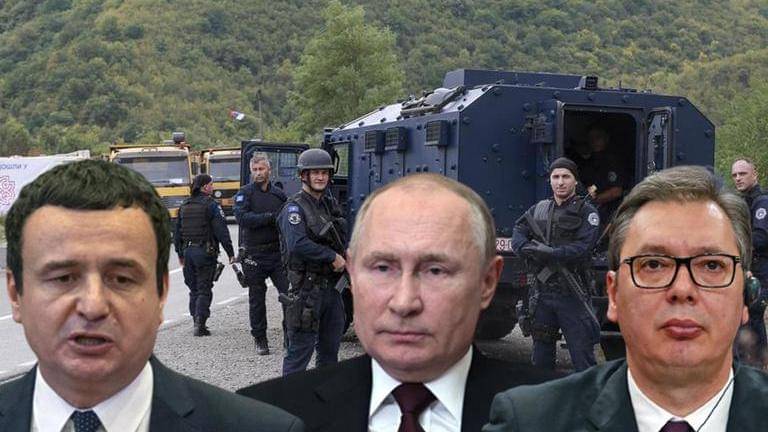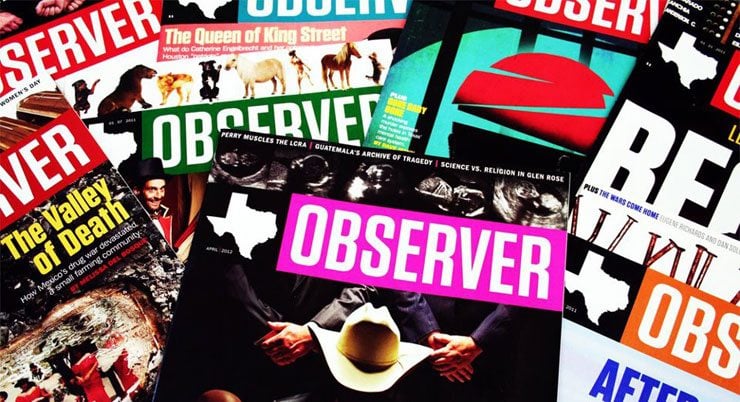
- Select a language for the TTS:
- UK English Female
- UK English Male
- US English Female
- US English Male
- Australian Female
- Australian Male
- Language selected: (auto detect) - EN
Play all audios:
Amid fresh escalations in Europe between Pristina and Belgrade, Kosovo accused Serbia on Sunday of fomenting unrest and trying to undermine the “rule of law” and using “textbook repetition
of Putin’s playbook”. As ethnic Serbs in the northern region of Kosovo protested the new border rule including license plates and IDs prompting the authorities in Pristine to postpone the
implementation of the regulations, the chief of staff of President Vjosa Osmani took to Twitter to accuse Serbia of playing a “spoiler role” in Europe on behalf of Russia. While Kosovo
announced its independence in February 2008, Serbia, Russia, China and the United Nations are yet to recognise its authority to impose rules and regulations. The ethnic Serbs living in the
north have also rejected Kosovo’s authority for imposing regulations and these people are still using license plates issued by Belgrade. However, the new rules, which were set to come into
effect on Monday, would have forced the people entering Pristina to have Kosovo licence plates and IDs. The Chief of Staff to the President of Kosovo, Blerim Vela blamed Serbian President
Aleksandar Vucic and his commissioner for Kosovo Petar Petkovic for the “aggressive actions” and “threats” from Belgrade. Vela accused Vucic of “a textbook repetition of Putin’s playbook”
while referring to NATO’s description of Russian President Vladimir Putin’s actions in Ukraine as the war between Moscow and Kyiv continues unabated for six months. Vela claimed that the
Serbs, who protested the new rules, were being persecuted and “ramping up militaristic rhetoric.” On Sunday, Vucic gave an address to the nation blaming Kosovo for human rights violations of
local Serbs who “will not suffer any more atrocities.” He said, "My plea to everyone is to try to keep the peace at almost any cost. I am asking the Albanians to come to their senses,
and the Serbs not to fall for provocations, but I am also asking the representatives of powerful and large countries, which have recognized the so-called independence of Kosovo, to pay a
little attention to international law and reality on the ground and not to allow their wards to cause conflict."







![Ford cto paul mascarenas on bridging the worlds of silicon valley and motor city [tctv] | techcrunch](https://techcrunch.com/wp-content/uploads/2012/09/screen-shot-2012-09-28-at-5-41-04-pm.png)
